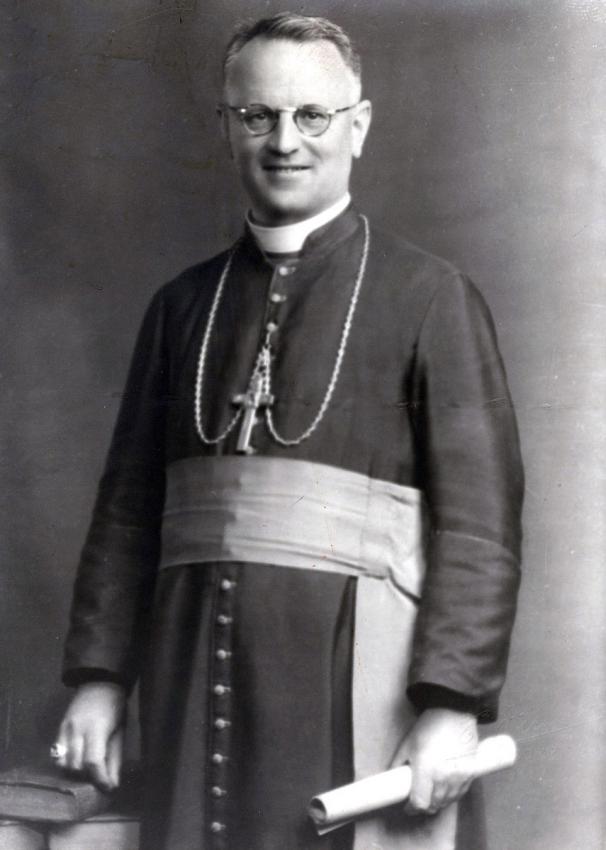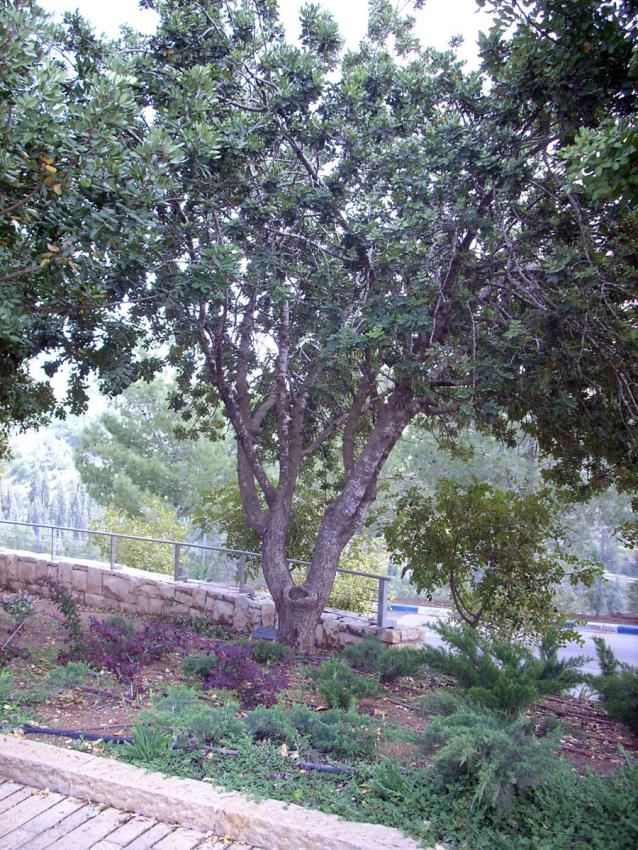The Bishop of Montauban, Monsignor Théas, like the Archbishop of Toulouse, Monsignor Saliège, authored a vigorous condemnation of the Vichy regime’s anti-Semitic policies and instructed all parish priests in his diocese that it be read aloud on Sunday, August 30, 1942.
Bishop Théas was aware of the pressures and threats exerted by the authorities on Archbishop Saliège in their attempt to prevent publication of his protest.
Théas hid his plan from the intelligence services and his protest was read in the churches of the diocese.
Théas opened the doors of the Episcopal Palace to activists in Jewish rescue organizations and provided a room to be used as a document-forging factory. He also instructed the heads of the Catholic institutions in his diocese to hide Jews.
In early June 1944, he refused to receive Marshal Pétain when he paid an official visit to Montauban. Bishop Théas was arrested on June 9, 1944, and interned in the camp at Compiègne until the liberation.
On July 8, 1969, Yad Vashem recognized Monsignor Pierre-Marie Théas as Righteous Among the Nations.


